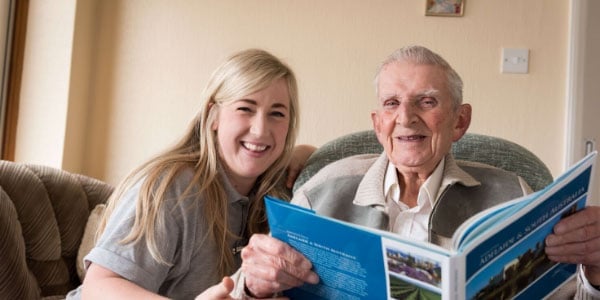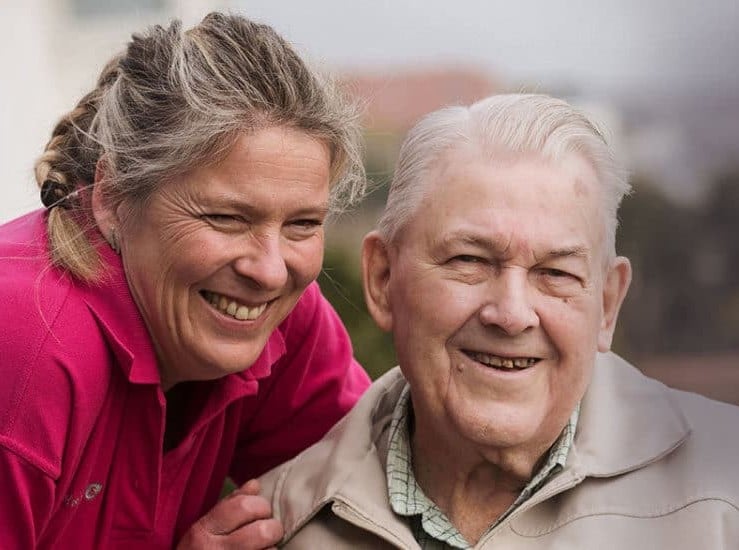What is person centred care?

Person centred care is the term used to describe support which puts the recipient at the heart of the service provided to them.
The NHS recognises that there’s evidence to show that actively involving patients in their own care, treatment and support can improve outcomes and enable people to stay well and manage their own conditions better.1
NHS England has specifically made a commitment to become better at involving patients (and their Carers) by:
- giving them the power to manage their own health and make informed decisions about their care and treatment
- supporting them to improve their health and give them the best opportunity to lead the life that they want
As The Health Foundation states, the challenges facing the NHS are well understood.2 There are growing numbers of older people and people living with long term conditions and disabilities. At the same time, health and social care budgets are under increasing pressure.
If the aim is to provide care that affords people the best possible quality of life, there needs to be a rethink in the relationship between people and the services that provide their care.
In person centred care, health and social care professionals work collaboratively with people who use services. Person centred care supports people to develop the knowledge, skills and confidence they need to more effectively manage and make informed decisions about their own health. It’s coordinated and tailored to the needs of the individual. Crucially, it ensures that people are always treated with dignity, compassion and respect.
Person centred care has been well established in the voluntary sector for many years specifically in organisations supporting some of the most vulnerable people in our society; involving them, their families, their care professionals and providers.
Looking for person centred care? We provide a wide range of services including Live-in Care for an elderly person and Overnight Care.
References
1. NHS, “Involving people in their own care“, Reviewed 3 October 2023
2. The Health Foundation, “Person-centred care made simple“, Reviewed 3 October 2023




